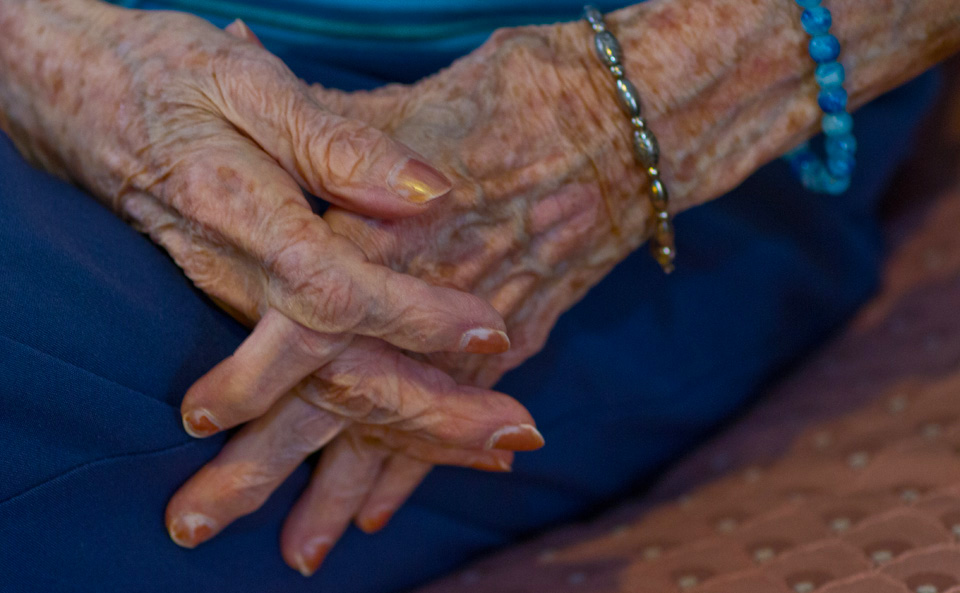Over time, our skin becomes thinner and we lose some of the protective fatty layer that helps prevent blood vessels from breaking following an injury. Women in particular are susceptible to bruising in older age and it usually is not a cause for concern. The blood vessels may break near the surface of the skin resulting in a black or blue mark but with time will reabsorb into the body and the bruise will fade and disappear. But according to the Mayo Clinic, occasionally easy bruising can be a sign of a more serious problem.
Medications and supplements used to thin the blood such as aspirin and some fish oils can increase the risk of easy bruising. Steroids used to treat skin conditions such as eczema or allergies can also cause thinning of the skin (in addition to age) resulting in easy bruising.
Seniors who experience frequent large bruises, especially on the trunk of the body, back or face should let their doctor know, especially if the bruises are unexplained or a new condition after starting a new medication. A family history of easy bruising or bleeding or bruising following surgery is also a reason to follow up with a health care practitioner; some bruising can indicate a problem with the blood’s ability to form a clot.
If you notice bruising, especially on an unusual place such as the face of an elderly loved-one, it’s important to discuss the possibility of abuse.
While it’s not possible to entirely prevent bruising associated with age, there are a number of precautions which may protect older adults from injury. Removing tripping hazards such as throw rugs and floor clutter may reduce the risk of falls. Seniors who are unsteady on their feet should wear supportive footwear and use a walker or cane if necessary. If possible, install handrails and grab bars for extra stability. Good lighting in hallways, on steps and in the bathroom are also important to prevent injury. Wearing long-sleeved shirts or sweaters and long pants may also offer some cushion for delicate skin.
To help speed the healing of bruises, apply a cold compress to the injured area and elevate during the first 24 hours to minimize swelling. Following the initial day after a bruise occurs, treat it with warm compresses to increase circulation and rest the affect area.






Add Your Voice
0 Comments
Join the Discussion